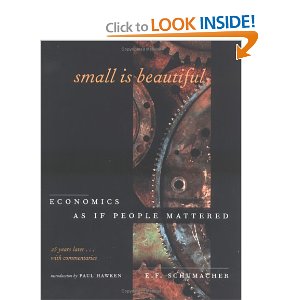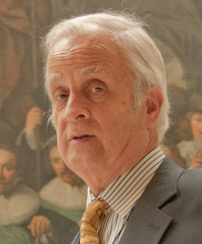The Tehran Peace Conference started on 14 May and ended today, 15 May, (63rd Anniversary of Palestine's Nakbah ) with me chairing the 7:30 am panel entitled, “Terrorism: Concepts and Contexts.” Members of the Clergy from Brazil, Greece, and the U.S. made presentations as well as international lawyers, academicians, and peace activists from Australia, Canada, Ecuador, Venezuela, Spain, Ghana, and Bolivia. My assignment is to write up my report of each of the presentations and submit the recommendations from the panel to the Conference Secretariat.
On Day One of the Opening Plenary with journalist Jim Lobe seated on my right and Rabbis Weiss and Rosenberg sitting in front of me, I was surprised when my name was called to make a presentation at the opening plenary of the Tehran Peace Tribune. I immediately set about writing my remarks and here is what I said:
Cynthia McKinney
International Conference on Global Alliance Against Terrorism for a Just Peace
Tehran, Iran
15 May 2011
How wonderful to be at a Conference where the word “love” is used; we are here because we love humankind. We are here from all corners of the earth; we are against terrorism; we want peace.
However, we must clarify peace. What kind of peace do we want?
President John F. Kennedy answered his question by saying: “. . . not a Pax Americana” imposed on the world by weapons of war. He went on to say that the kind of peace we want is the kind of peace that makes life worth living–peace for all men and women for all time.
No Justice, No Peace. No Truth, No Justice!
But, today, U.S. policy is rooted in lies, injustice, and war. And at home, the people of the U.S. suffer. Racism is acute, despite and maybe because of President Obama; hatred is rampant with hatred of Muslims, incarceration of Palestinians, targeting of immigrants, the lynchings of Blacks, disappearances of Latinos, and the pauperization of the people. People inside the U.S. are under attack in the realm of policy:
Continue reading “Reference: Cynthia McKinney Speaks in Tehran”








